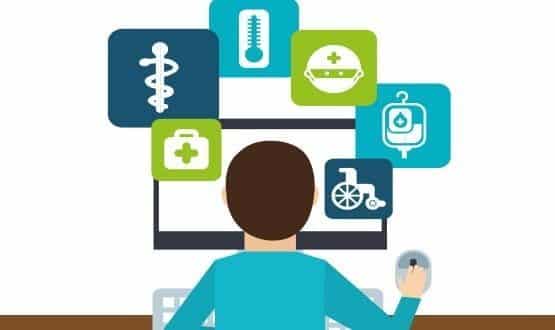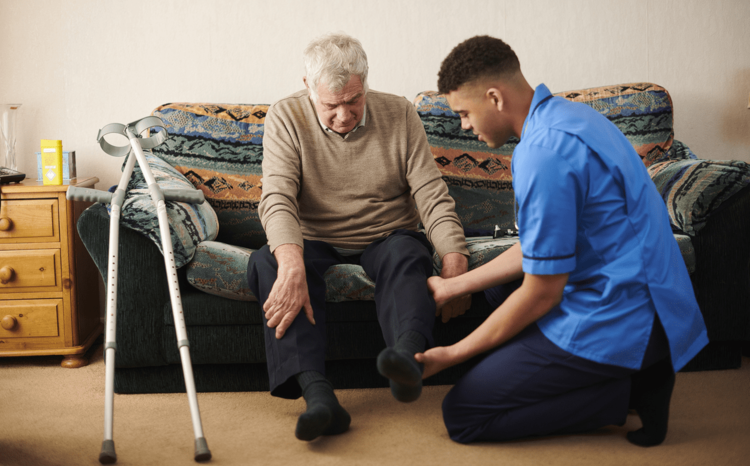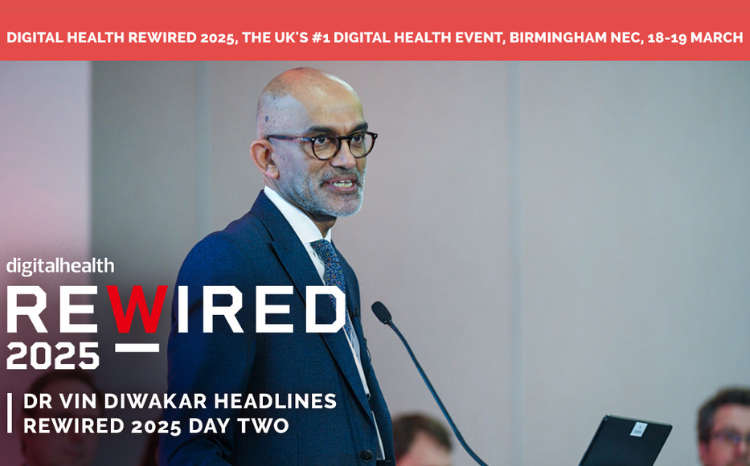Remote heart failure monitoring tested in Buckinghamshire

A portal aggregating heart failure data for more than a hundred patients will be deployed in Buckinghamshire.
Care4Today is a technology that also allows patients to input their vital signs for remote monitoring and to view a limited view of their record.
The study, led by Jansssen Healthcare Innovation and in collaboration with Buckinghamshire Healthcare NHS Trust, Graphnet, Chiltern and Aylesbury Vale clinical commissioning groups, will involve 175 patients using the technology and 175 as a control group.
The year-long trial is expected to start in January 2017, with 20 participating GP practices in the two CCGs.
Jack Turner, co-lead of the project along with Marc Phippen at Janssen Healthcare Innovation, said the solution was created as there were “lots of silos working”.
“One of the things we’ve done is integrate all that data into one record. We’re not generating new data but putting all the existing data feeds into one place.”
“If you have a heart failure patient you can see all the data on that patient in real time.”
Care4Today is based on Graphnet’s CareCentric shared record software and myCareCentric patient portal.
CareCentric software has been selected for shared care records in Berkshire this year, and is already in use in the London Borough of Sutton and NHS Sutton CCG.
Turner said heart failure patients have data with secondary care consultants, GPs, and community teams, all on different data bases.
Alongside being a portal, patients can input into Care4Today to answer symptomatic questions about their condition and monitor signs such as blood pressure and heart rate.
This information is examined by a senior heart research nurse daily, who will take what action necessary.
The aim, for Turner, through a combination of pooled data viewing and remote monitoring is to identify patients that become symptomatic earlier, ensure medicine is taken effectively, and enable quicker clinical intervention.
“We’re anticipating it should lead to a reduction in admissions, reduce length of stay, improve patient outcomes generically and hopefully lead to improved service delivery as well.”
Those involved in the study will be able to view medications, appointment dates and information on heart failure through the myCareCentric patient portal.
Piers Clifford, specialist cardiologist at Buckinghamshire NHS Trust, described it as “a hugely exciting innovation which encourages patients to take better care of their own health and supports them through what can sometimes be a confusing journey once they leave hospital”.
Self-testing services for heart failure patients have also been used elsewhere. Earlier this year Norfolk Community Health and Care NHS Trust provide Inhealthcare devices for people to monitor vital signs in their own homes.
Across the UK, about 900,000 people live with heart failure and they account for about 5% of all emergency admissions to hospital.
READ MORE:
* Heart failure patients in Norfolk use self testing tech
* Berkshire to share patient records to graphnet
* Heart patients get smart with phones





